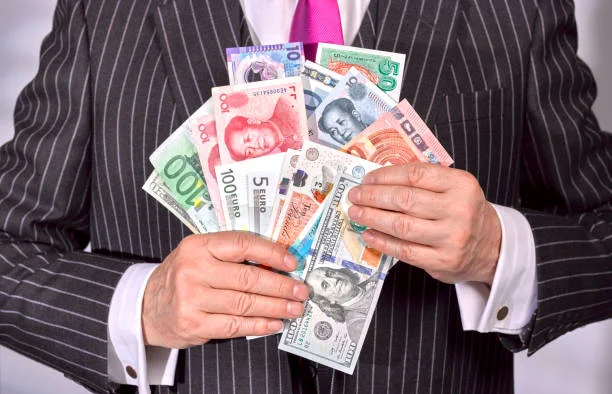Russia Considers Reinstating Mandatory FX Sales Amid Ruble Weakness
Russia Considers Reinstating Mandatory FX Sales Amid Ruble Weakness
Russian authorities are engaged in ongoing discussions about the potential reinstatement of mandatory foreign currency revenue sales for exporters, as revealed by five anonymous sources who are well-acquainted with the situation, according to a report by Reuters. The proposed change, which one high-ranking source has suggested could happen "at any moment," is seen as a response to the escalating weakening of the Russian ruble, which recently fell below the 100-to-the-dollar mark. Despite an emergency interest rate hike of 350 basis points by the central bank, which raised rates to 12%, the downward trajectory of the currency remains largely unabated.
These discussions center around the reintroduction of stringent capital controls, specifically focusing on the compulsory conversion of foreign exchange (FX) revenues by exporters. This policy was previously adopted shortly after Russia's deployment of troops into Ukraine in February 2022. The sources, who wish to remain unidentified due to the confidential nature of the discussions, have disclosed that the proposed measures involve obligating exporters to convert a significant portion of their revenues—potentially ranging from 80% to 90%—within a specific timeframe, typically 70-90 days following the export of goods.
Notably, last year's threshold for mandatory conversion stood at 80% before gradually tapering to zero. Alongside these measures, other potential restrictions are under consideration, including bans on overseas dividend payments and limitations on import subsidies. Failing to repatriate revenues to Russia could also lead to the withdrawal of government support for the exporters. Despite these measures, there are concerns about the efficacy and impact of such policies, with critics arguing that businesses might ultimately bear the brunt of the government's decisions.
A significant aspect of these discussions pertains to Russia's strategic shift away from Western currencies that are considered "unfriendly." This shift has led to a portion of export revenues being held in Indian rupees and Russian rubles. Notably, a notable volume of trade between Russia and India is conducted using these currencies, and mechanisms for settling transactions in these currencies are being explored. Nonetheless, there are obstacles to returning these foreign earnings to Russia, such as the fluctuation in oil prices and the ambiguous allocation of the price differential for logistical purposes.
While Central Bank Governor Elvira Nabiullina maintains that a minimal fraction of export proceeds remains abroad, some sources have suggested that exporters may not be fully disclosing their earnings to authorities due to concerns over potential sanctions and their impact on business partners. In light of these complex dynamics, the Russian government remains poised to convene with exporters if the ruble's instability persists, although the specific measures to be implemented remain uncertain at this time.





